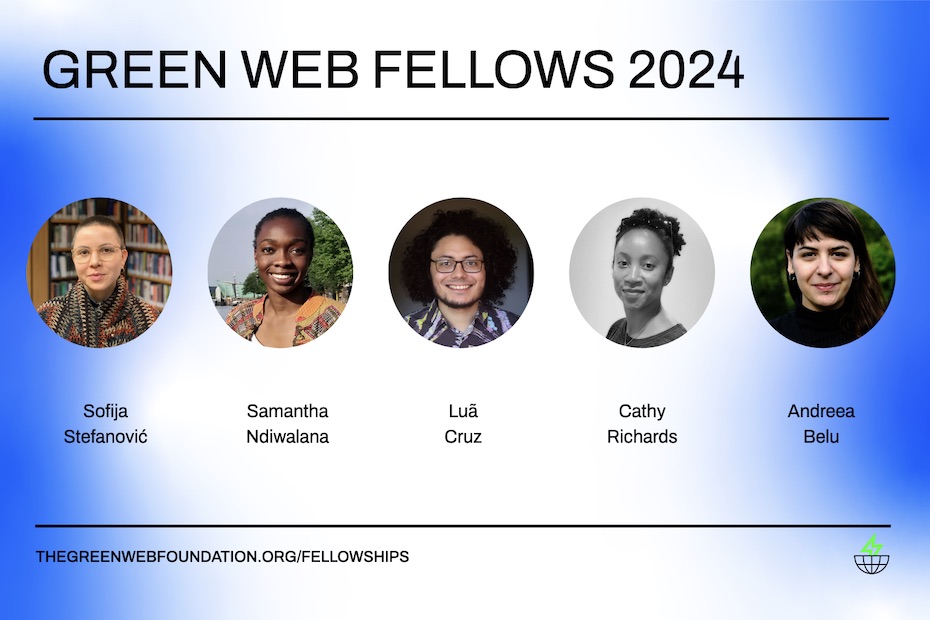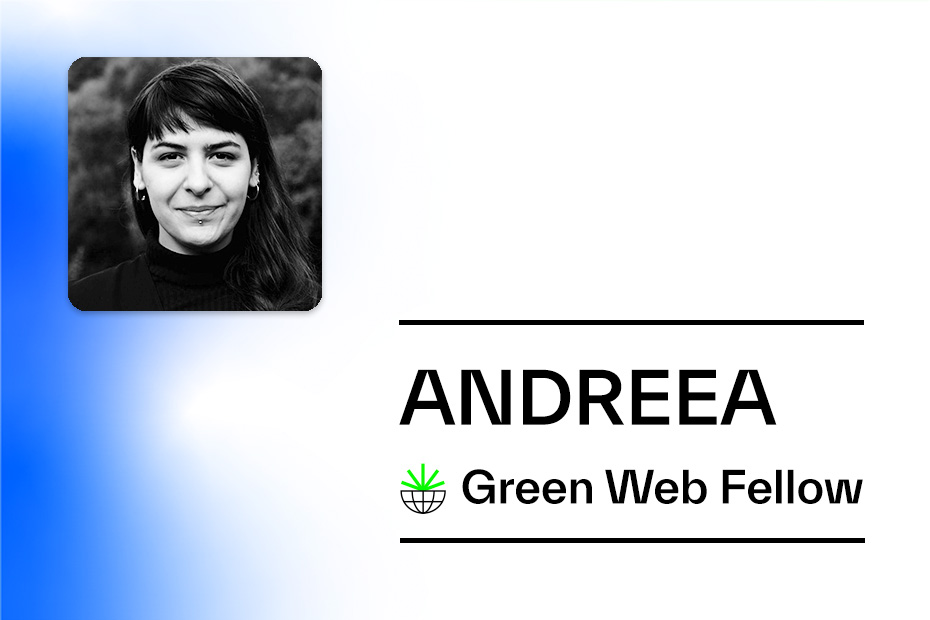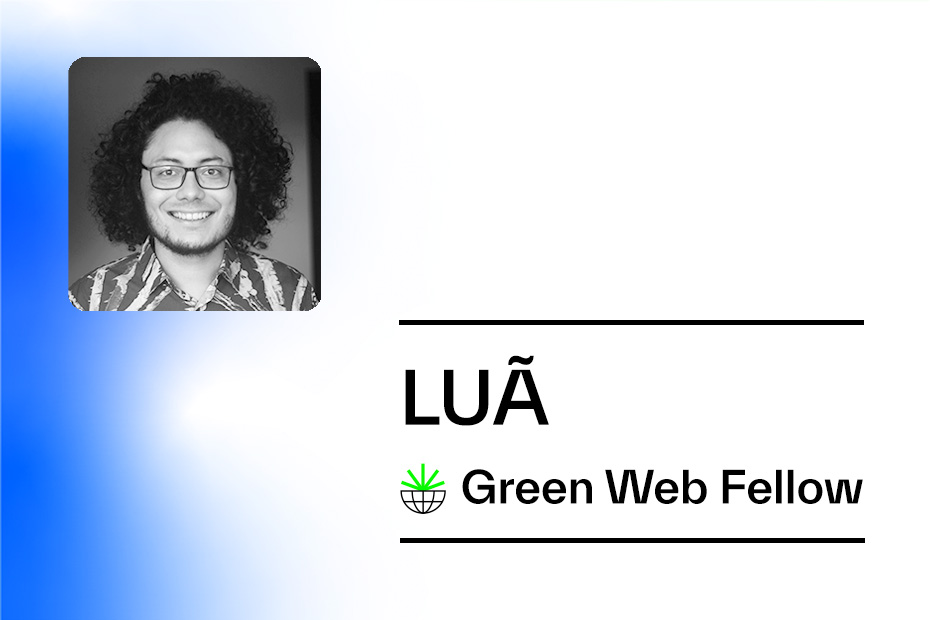My understanding of sustainability has been evolving over the years. But in the past few months, I’ve had some major shifts in thinking. Talking to the other fellows has played a large part in these shifts, and I wanted to share where I’m at.
Below is a brief description of the different narratives that I’ve held – from business-as-usual to corporate sustainability to climate justice. At the end is a table which breaks down each narrative into component parts (like message, call to action, blind spots, and so on).
Please note, this is not a textbook definition of these terms – this is my current understanding of climate narratives based on readings, lectures, and conversations.
🤑 Business-As-Usual
This is the message I learned from American television and school: Work hard, and you will be rewarded. Nature is a place to “get away” to when you’re on vacation, preferably with a car and an empty, winding road on a mountainside overlooking the ocean. The world is vast; there are no limits.
Related narratives: capitalism, neoliberalism, the American Dream, climate denialism
🔥 Climate Emergency
This is the message that I learned from nature shows and the environmental movement: The Earth does have limits, and humans are spoiling it. The science shows that things are getting worse, faster. So try to reduce your footprint, shop less, and recycle more. You get bonus points for going vegan, sharing your favorite green products on social media, and writing to your politicians.
Related narratives: conservationism, zero waste, eco-fascism
📉 Corporate Sustainability
This is the dominant perspective that I am learning at grad school (I’m in a sustainability management program). Here we start to think about the climate crisis in terms of inputs & outputs. Specifically, how do we reduce greenhouse gas emissions using traditional incentives and market/regulatory mechanisms? How do we prove to corporations that reducing GHGs is profitable? How do we convince governments that regulating emissions is not political suicide? Corporate sustainability suggests that what is socially and ecologically responsible is more profitable than what is destructive.
Related narratives: circular economy, climate tech/”Bright Green Future”, climate finance
🏝 Climate Justice Lite
This is a term that I’m making up to describe my initial understanding of climate justice. Climate justice lite is the polite, orderly side of climate justice. It is process-oriented and forward-looking and it can be added on to corporate sustainability. In addition to inputs and outputs, we also consider the distribution of benefits and harms.
Sometimes climate justice lite is demanding, but it doesn’t ask for too much: just that we respect and listen to others – especially those who are most vulnerable, especially Indigenous communities. In this framing, the climate crisis exacerbates & creates social injustice, and climate solutions should be used for a “just transition” to “empower vulnerable communities”. Everyone wins, everyone prospers.
✊🏽 Climate Justice
The call for climate justice, as I currently understand it, demands more. It is a diverse movement with many different voices and messages. But one throughline, for me, is that: climate justice looks backwards and forwards. It considers power, race, oppression, and wealth from past to present, and it concludes that social injustice has led us to the climate crisis. Colonizing lands and enslaving people powered the Industrial Revolution and environmental devastation. We have become further entrenched in this system of exploitation and extraction through the present day. How we change the system to be fair and what fairness looks like, depends on the community, the location, and the history. Climate justice is not just about action, it’s about correction and repair.
↔️ Comparison Table
✏️ Comparison Table Activity
Try doing this activity with a friend or a group, and discuss your answers. You can make a copy of the slide and make edits to the table as you go along.
- Read through the table by column first.
- For the questions below, mark the corresponding table cell with ✅ for yes, ❌ for no, and ❓ for not sure.
- Message row: Have you heard these messages before and do you agree with them?
- Action row: Have you taken any of the actions before?
- Beliefs row: Do you agree with any of the beliefs?
- Blind spots row: Which of these do you think about? Which are important to you?
- Tech intersection row: Do these make sense? What are some other ways that tech might be involved in each climate narrative?
- Which narrative resonated with you the most? Is there a narrative that’s missing?
- Looking at your marks, are there any contradictions? Can you draw new conclusions or create a new narrative?
Please share your thoughts & discoveries in the comments!
📚 Further Exploration
- Business-as-usual’s shift to corporate sustainability
- Corporate shift to benefit multiple stakeholders: Business Roundtable Redefines the Purpose of a Corporation to Promote ‘An Economy That Serves All Americans’ (2019)
- Critique of shareholder theory and stakeholder theory: 50 years later, Milton Friedman’s shareholder doctrine is dead (Fortune, 2020)
- Climate emergency
- Climate justice
- Bali Principles of Climate Justice (2002 Earth Summit)
- Greenhouse Gangsters vs. Climate Justice (Corpwatch, 1999)
- Research Findings: How people in the UK think (or don’t think) about climate justice… (Framing Climate Justice, 2020)
Thanks to Chris Adams and Michelle Thorne for your reviews and suggestions.



